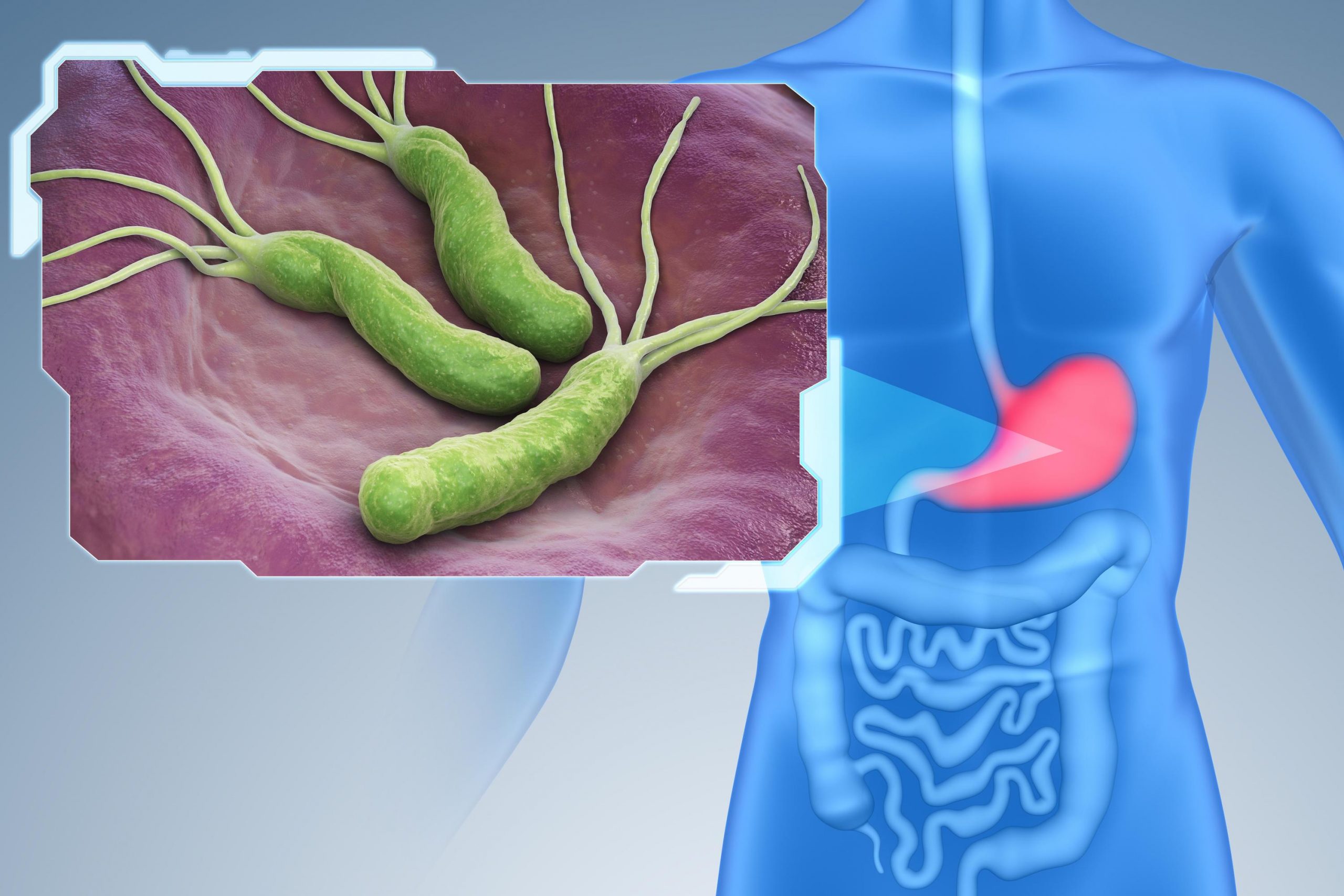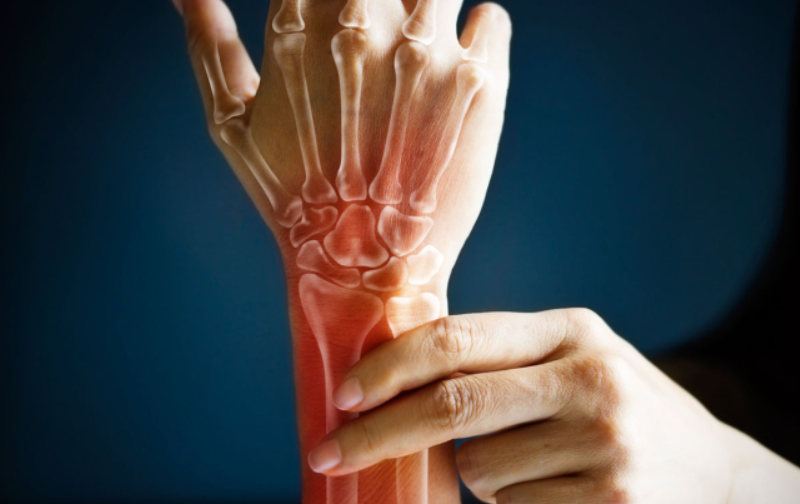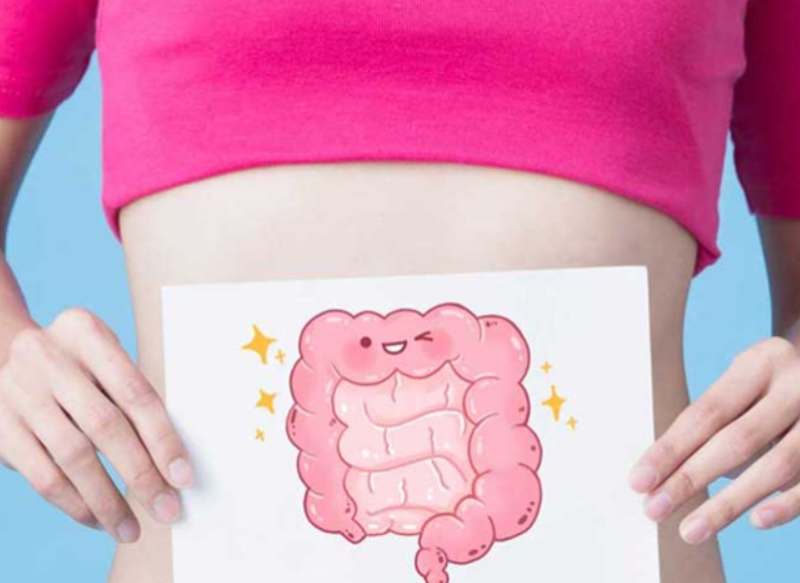It’s more typical to think about Helicobacter pylori, a highly resilient bacterium that lives in the stomach lining, while discussing microorganisms in the stomach. The stomach also contains a variety of different microorganisms that might result in infections or inflammation.
Digestion issues are a sign of stomach bacteria, and depending on how severe the ailment is, different treatments are available. Diet is an important factor in treatment.
How does bacteria get into the stomach?
A human can contract the stomach bacterium through touching or being in close proximity to an infected animal, as well as through contact with the saliva, bodily fluids, or unwashed hands of an infected person, contaminated water, or unprocessed food that contains bacteria.
Symptoms of stomach bacteria
Bacterial gastroenteritis is an ailment brought on by bacteria in the stomach, and its primary signs include:
– nausea and vomiting
– loss of appetite
– diarrhea
– increased temperature
– cramps and stomach pains
– blood in the stool
Find out more about: Factors That Increase The Risk Of Colon Cancer
Some symptoms of the Helicobacter pylori bacteria may not show up in some people, while in others, bloating, heartburn, abrupt weight loss, and gastritis may manifest. Without a diagnosis, the bacterium can remain in the body for a long period, and over time, failure to treat it can result in a stomach ulcer.
Stomach bacteria in children
Because they frequently put their hands in their mouths and touch various surfaces, children under the age of 10 are more likely to contract this bacteria. Children have symptoms that are comparable to those of adults, while older kids may feel abdominal pain that gets worse when the stomach is empty. An antibiotic, dietary changes, and the introduction of frequent small meals during the day are used to treat this problem in youngsters.
When should you see a doctor?
When the symptoms do not subside even after five days or worsen, it is necessary to see a doctor. When symptoms in children do not improve two days after their appearance and vomiting worsens, you should consult a doctor.
How is stomach bacteria treated?
To prevent dehydration, you must first drink a lot of water and take electrolytes. Bananas, fruits, and salty meals are foods high in fiber that can aid with diarrhea. The majority of the time, a doctor will prescribe many different antibiotics to treat a bacterial illness. Stomach bacteria can recur throughout the course of a lifetime and treatment can take up to two weeks.





